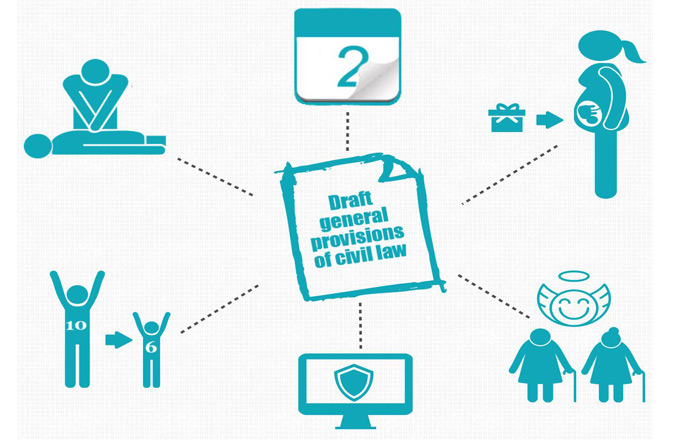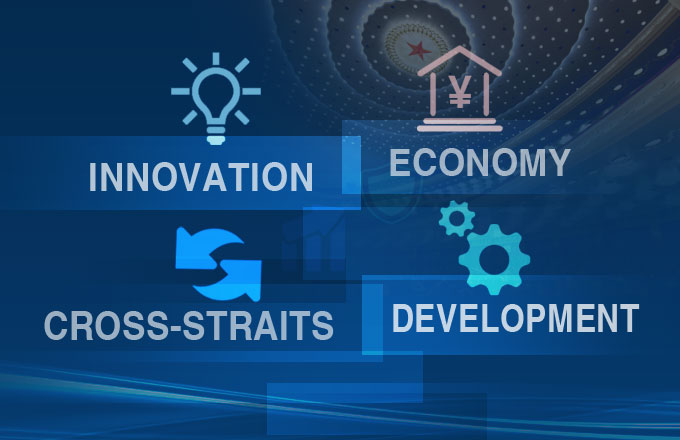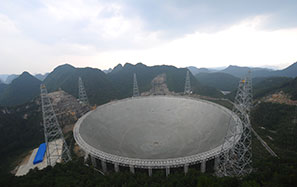Commentary: Quake-hit China grows in pain
BEIJING - A path marking the painful growth of the Chinese nation is clear as the country has been hit hard by two deadly earthquakes in five years and lessons have been learned the hard way.
A 7.0-magnitude earthquake jolted Lushan County of Ya'an City, Sichuan Province, on Saturday, leaving at least 188 people dead and 25 missing as of 2 p.m. Monday. It reminded people of an 8.0-magnitude quake that hit Wenchuan County, 85 km away from Lushan in southwest China, on May 12, 2008, killing nearly 70,000 people.
The principle of sparing no efforts to save lives cannot be more stressed. No minute or even second should be delayed during the "golden rescue period" in the first 72 hours after the quake.
Experience gained from the 2008 Wenchuan quake has been immediately shared in the current relief work. Emergency response was initiated within one hour after Saturday's quake. Premier Li Keqiang set off for the disaster area five hours after the quake.
The nation showed its strength as volunteers went to the epicenter in self-organized groups and store owners handed out food to survivors.
China once again faced challenges posed by a strong earthquake. However, the calmer and more rational relief work has reflected the country's economic and social progress.
Compared with the quake relief work of five years ago, rescuers this time commanded more advanced equipment, such as helicopters, transport planes, unmanned planes, the Beidou Navigation Satellite System and life detection instruments, which has assisted the relief work.
A scientific and efficient disaster relief command has enabled the armed forces and medical staff to rush to the disaster-hit area at full speed.
The release of information was quicker and more transparent after the Lushan quake as the first batch of remote sensing observation data was transmitted to the Chinese Academy of Sciences' Institute of Remote Sensing and Digital Earth Saturday afternoon.
Domestic media and the Internet kept updating the latest quake-related coverage, and news conferences were organized efficiently so as to prevent social panic and allow relief goods to be quickly sent to the needy.
More people resorted to Internet-based media tools, such as Tencent's Weixin, an instant messaging cellphone software, or Weibo, the Chinese Twitter, for personalized information about the quake or to search for their missing relatives and friends.
Those who started or spread quake-related rumors on the Internet were soon discovered and condemned by netizens.
People's disaster relief awareness has been more rational as they have gained experience in dealing with such events. Volunteers, tourists and others not trained as rescuers were asked to stay out of the disaster area, according to a State Council circular.
The "golden rescue period" of the first 72 hours after the quake is ending. Although there has been not enough time for more reflections on lessons learned from the Lushan quake relief, we have reason to believe, with stronger national spirit, China will be more mature to endure the painful growth.
- Nation works to restore post-quake order
- President Xi confident in recovery from quake
- Experts assess quake damage to schools
- Kraft offers donation to quake victims
- 5.3-magnitude quake hits NE China: CENC
- Hospital delivers 11 babies after quake
- Ministry calls for quake donations transparency
- Rescuers race against time for quake victims
- Move to boost quake donations transparency
- Donor of 2,224 coins helps quake victims

























